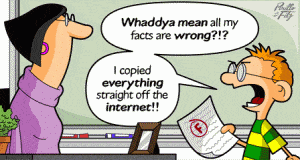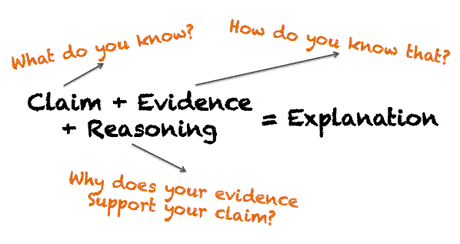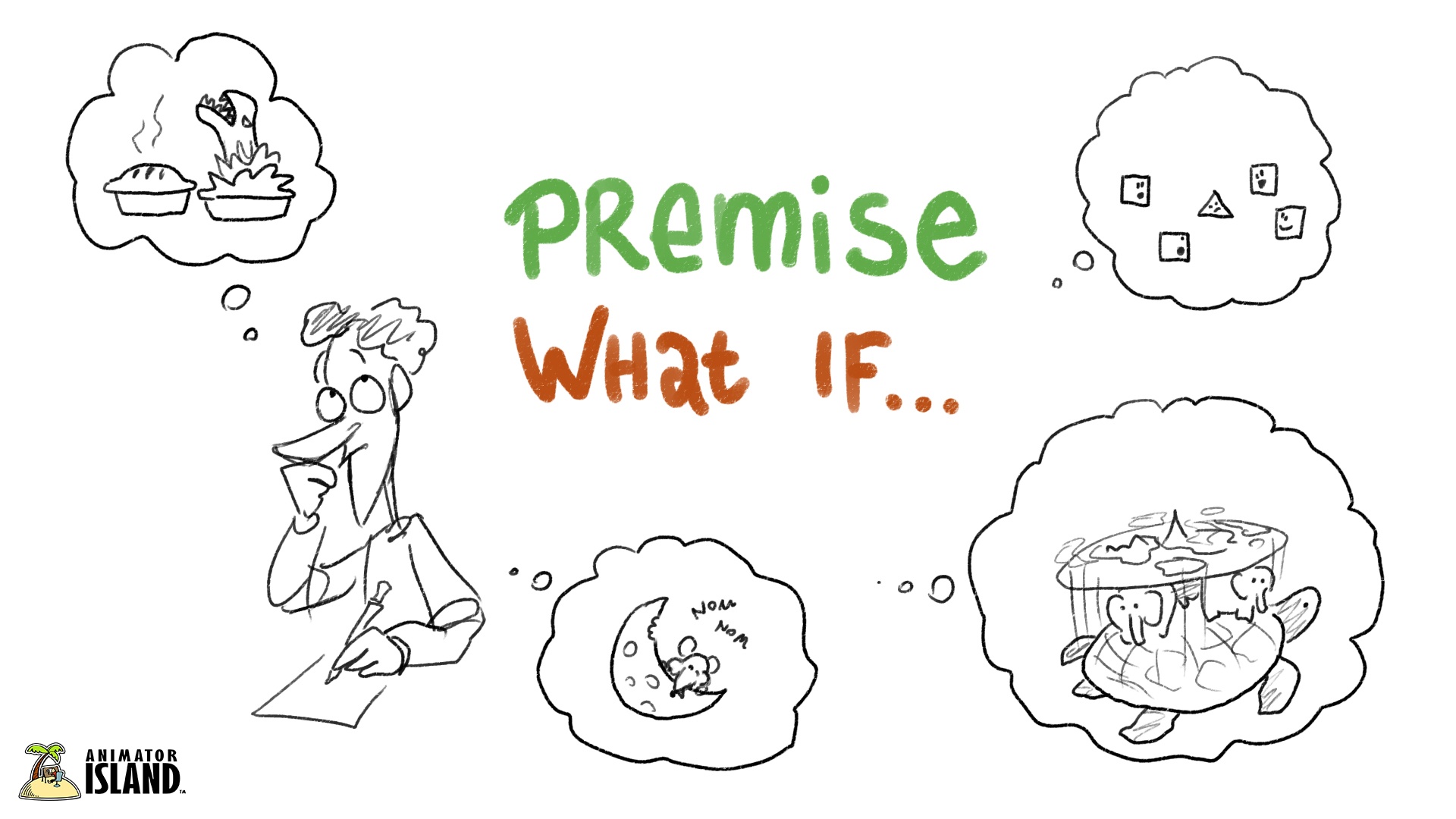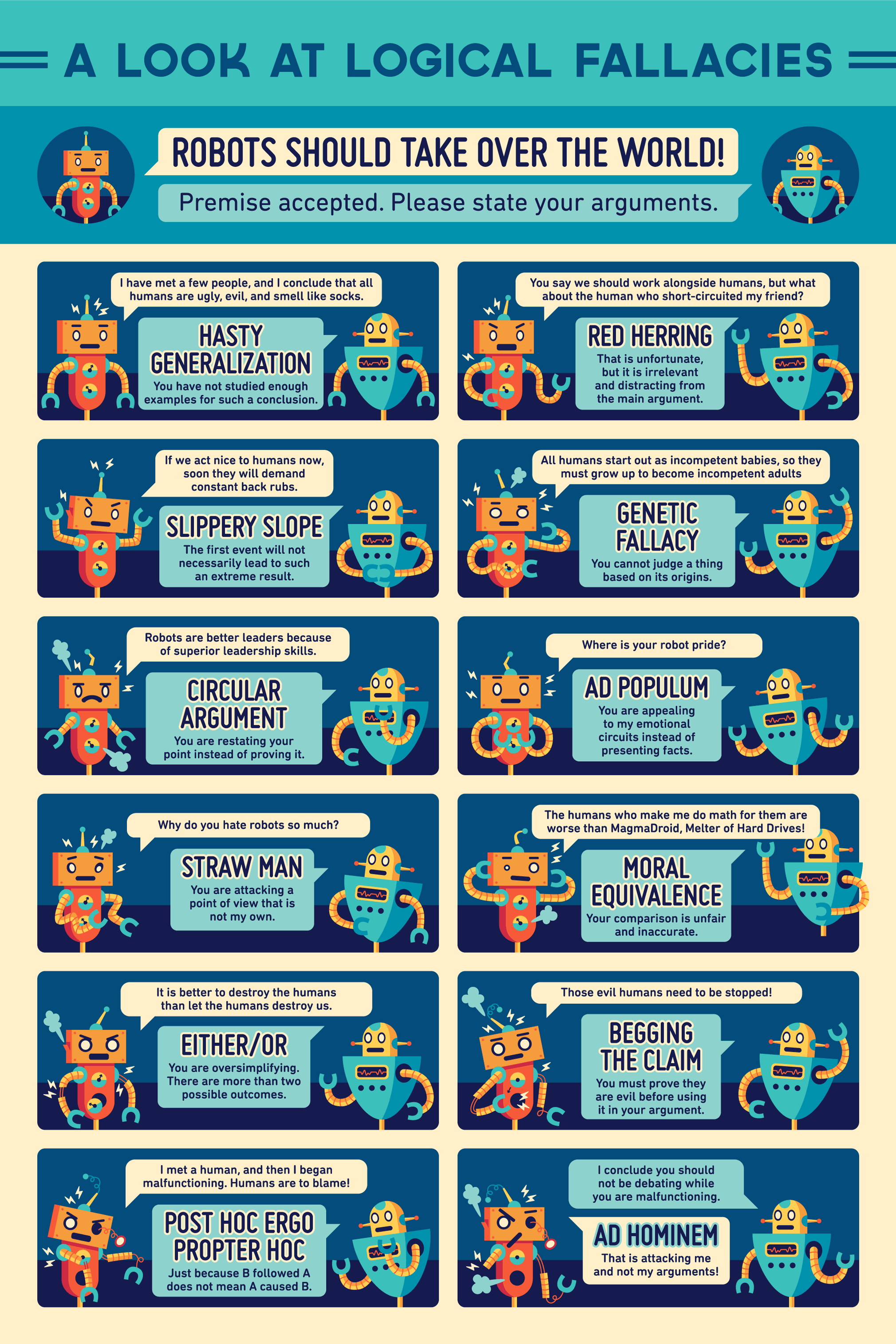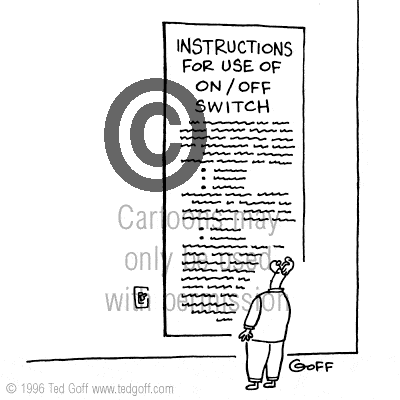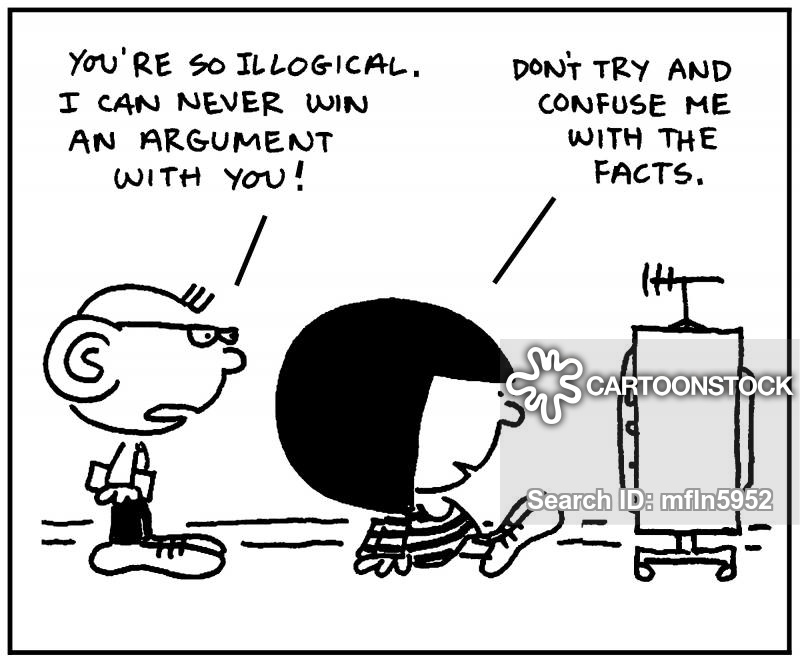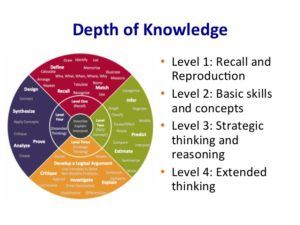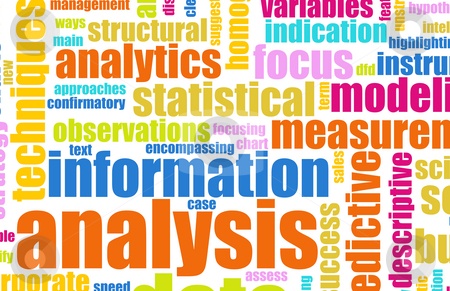
Unit 2: Evaluate This Quiz
Assessment
•
JEANENE POPP
•
Life Skills
•
8th - 12th Grade
•
307 plays
•
Hard
Improve your activity
Higher order questions
Match
•
Reorder
•
Categorization
.svg)
actions
Add similar questions
Add answer explanations
Translate quiz
Tag questions with standards
More options
18 questions
Show answers
1.
Multiple Choice

What statement describes the first step in evaluating information?
Analyze the information to understand it
Clarify the language of confusing information
Clarify the language of confusing information
Break down the information into its arguments.
2.
Multiple Choice
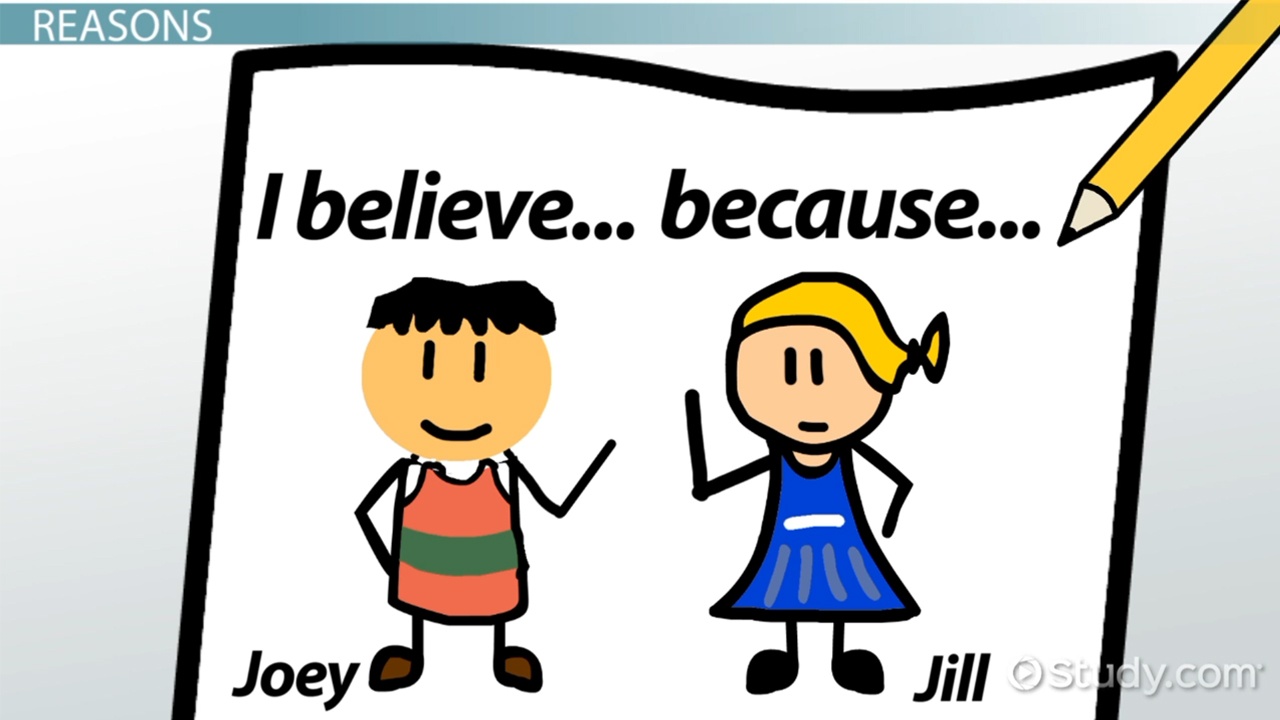
What is the main idea that an argument wants you to believe called?
Heuristic
Evidence
Claim
Premise
3.
Multiple Choice
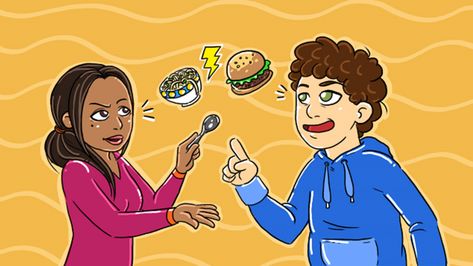
Is an expression of taste an argument?
For example, I like noodles better than hamburgers
Yes
No
4.
Multiple Choice

What do you call a reason given in an argument of why the claim is true?
Heuristic
Premise
Claim
Evidence
5.
Multiple Choice
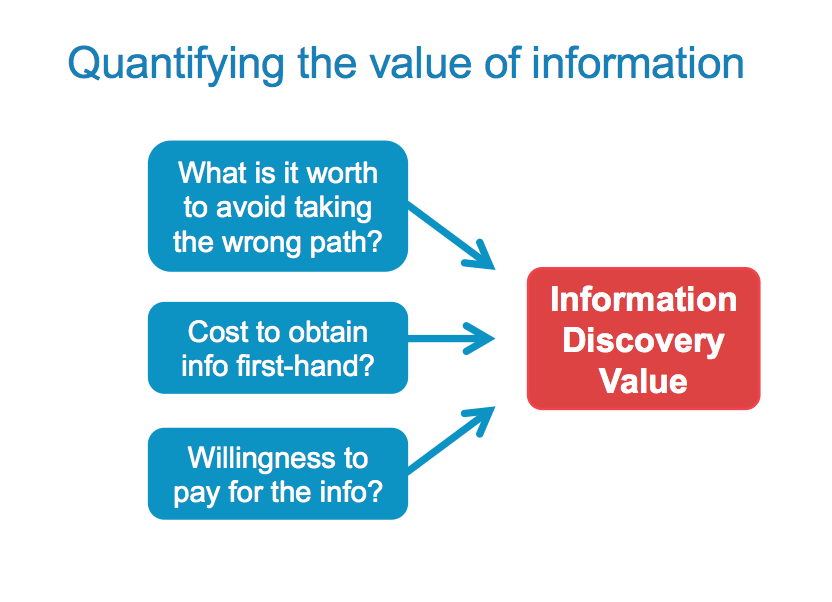
Deciding the information's value is important because valuable information should have a greater influence on your decisions.
True
False
6.
Multiple Choice
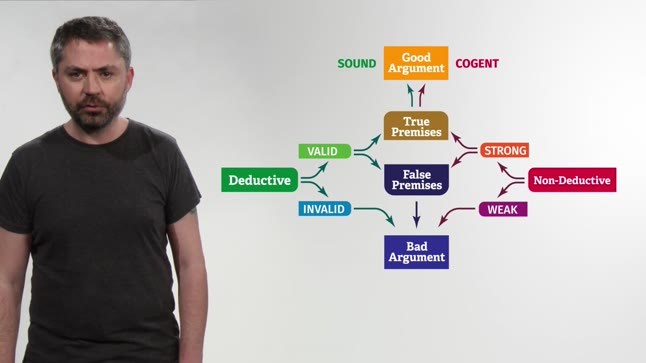
Which of the following best describes the goal of analyzing arguments?
To clarify the language of the arguments
To decide the value of the arguments
To determine the strength of the arguments
To find the arguments in the information

Explore this activity with a free account
Find a similar activity
Create activity tailored to your needs using
.svg)

Communication
•
8th Grade

Online Research
•
4th - 6th Grade

Food & Beverage Service
•
9th Grade

Food Safety
•
7th Grade

Critical Thinking & Problem Solving
•
8th Grade

Tax, Tip, & Discounts Review
•
9th - 12th Grade

Internet Safety
•
1st - 5th Grade

Social Skills
•
6th Grade

